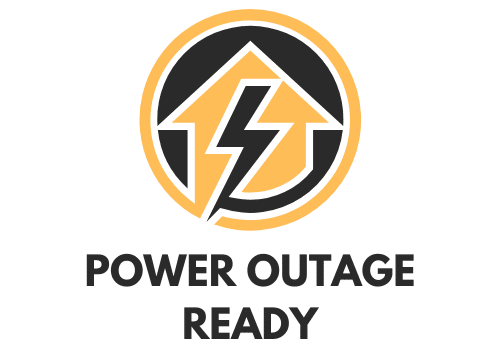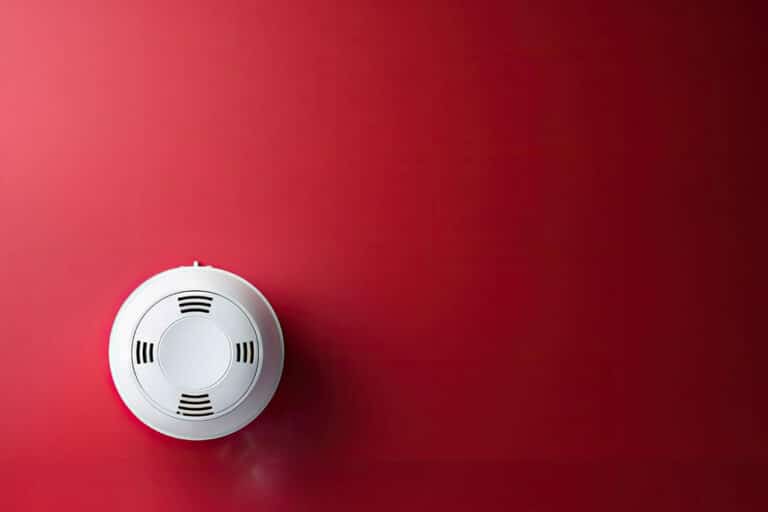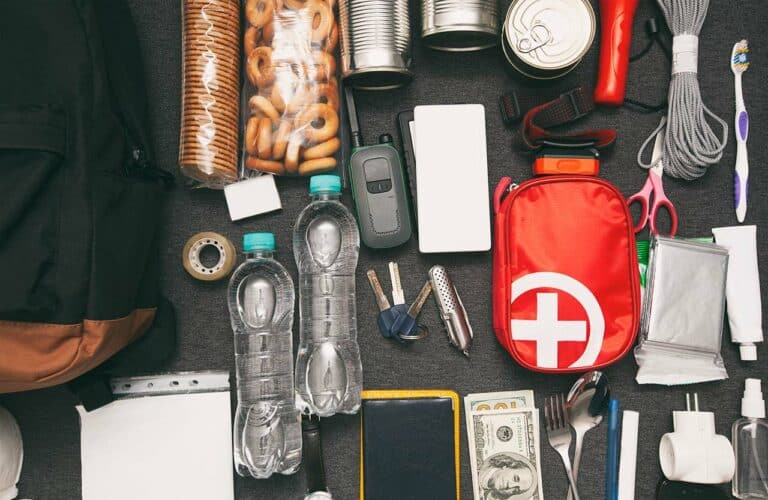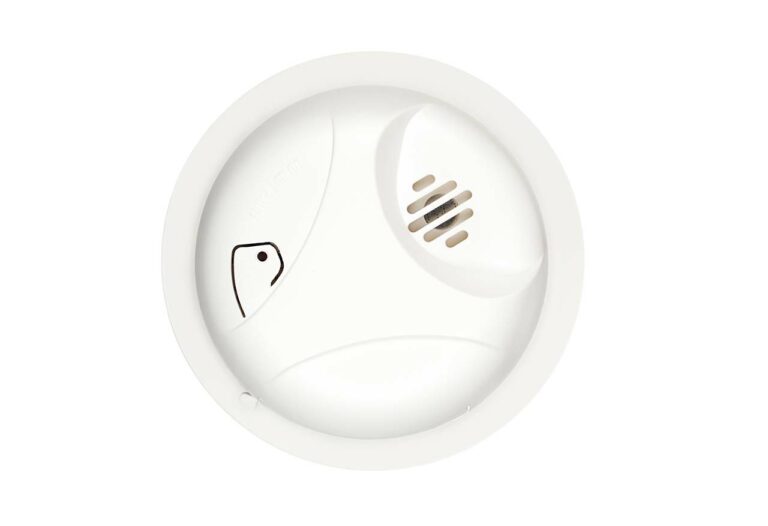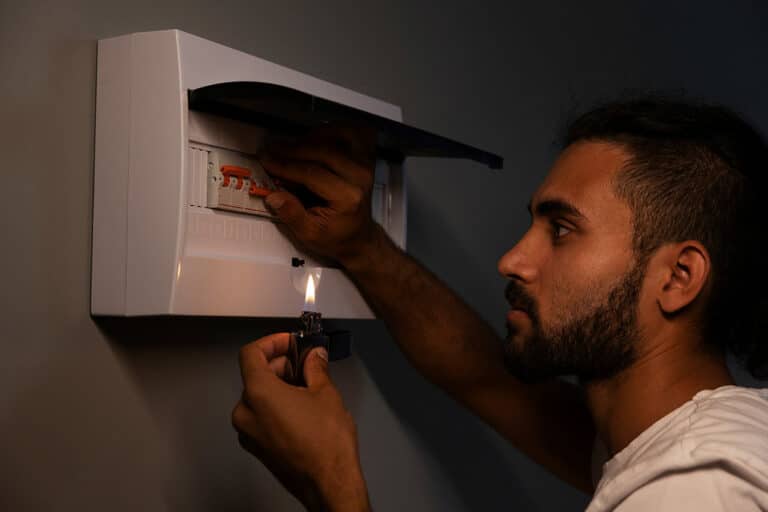Ways To Keep Insulin Cold In Power Outages
Dealing with a power outage is never fun, but it can be particularly worrisome if you rely on temperature-sensitive medications like insulin. Keeping those medications cold and safe during an unexpected power loss is crucial in maintaining their effectiveness. But don’t stress, we have some handy tips and strategies to help you through such situations. It all starts with really good prep.
Importance of Temperature Regulation for Some Medications During a Power Outage
Temperature-sensitive medications, such as insulin, need to be stored within a specific temperature range to maintain their effectiveness. When exposed to extreme heat or cold, these medicines can become less potent or even inactive, putting your health at risk.
During a power outage, refrigerators and other cooling devices may not be operating, making it difficult to maintain the proper temperature for your medications. It’s important to have an emergency plan in place for these situations to ensure your medications stay within the required temperature range.
Keeping your medication cool during power outages is not only essential for the effectiveness of the medicine, but also to prevent any potential side effects or complications that could arise from using temperature-compromised medications. A proactive approach to temperature regulation can help maintain the quality of your meds and, in turn, let you continue the recommended treatment without interruptions.
Various portable cooling products and storage options are available to help you keep your temperature-sensitive medications safe. Insulin coolers, for instance, can help you store your insulin properly even during prolonged power outages. These coolers can be a life-saver for individuals who rely on insulin to manage their diabetes.
While it’s a good idea for people who rely on temp-sensitive meds to have a medication cooler on hand for unexpected outages, they are not the only way to keep medication cooled down during an outage.
Insulin Storage During Power Outages
While insulin isn’t the only temperature-sensitive medication on the market, it is one of the most common, and one of the few long-term medications that require cooling. It is also a literal lifesaver, so let’s talk about how to keep it cool and safe to use in the event of a power outage.
Emergency Refrigeration Techniques
There are several emergency refrigeration techniques you can use to maintain the temperature of insulin in an outage. These include:
- Medication cooler: Invest in a portable medication cooler or insulated bag designed for insulin storage. These can help maintain the right temperature for several hours.
- Cold packs: You can use cold packs or gel packs in combination with the medication cooler. Just be sure to wrap the cold pack in a cloth before placing it next to the insulin to avoid direct contact and possible freezing.
- Frio cooling wallets: These wallets use evaporative cooling, which means you only need to soak the wallet in water to activate the cooling process that lasts for up to a couple of days.
Remember, insulin can typically be stored at room temperature (between 59°F and 86°F) for up to 4 weeks, according to the American Diabetes Association, but to prolong its life, try to maintain it at a cooler temperature whenever possible.
Preservation Methods During Long Outages
For longer power outages, especially those lasting longer than a month, you might need alternative solutions to preserve your insulin:
- Dry ice: If you can access dry ice, it’s a great way to keep insulin cool for an extended period. Place the dry ice in a cooler, but make sure the insulin doesn’t come into direct contact with the dry ice, as it can freeze and become ineffective. Not the best storage solution, but it can work in a pinch.
- Battery-operated fridge: Portable battery-operated fridges can also be helpful, especially if you have other medications that require refrigeration. The smallest ones, ones just big enough to store your meds, won’t take much wattage from an alternate power source, which you’ll need to power the fridge.
What About Other Cold Medications?
While insulin is perhaps the most well-known medication that requires refrigeration, it’s not the only one. Many biologic drugs, vaccines, and even some oral medications require cool storage to remain effective. For instance, some types of eye drops, certain antiviral drugs, and many injectable medications need to be kept cold.
For these medications, the same principles that apply to insulin also apply:
- Medication Coolers: These are versatile and can house a range of medications, not just insulin. Many come with compartments or pouches that allow for organized storage.
- Cold Packs: Always have a stock of these in your freezer. They can be useful not only for medications but also for minor injuries or to keep food cold during an outage.
- Temperature Monitors: Some medications come with a recommended temperature range. Investing in a small temperature monitor (often available as a sticker or a small device) can help you ensure that your meds stay within the safe range.
Remember, always consult the medication’s packaging or your pharmacist to determine the exact storage requirements for your medications.
Post-Power Outage: Ensuring Your Medications Are Still Safe
While keeping your meds safe during a power outage is the biggest part of the battle, once power is restored, it’s crucial to inspect your medications to ensure they’re still safe to use. Here are some ways to monitor your cold-storage meds when the power comes back on:
- Check the Temperature: If you had a temperature monitor inside your medication cooler or fridge, check it to ensure the meds stayed within their safe range.
- Inspect the Medication: Look for any visible signs of damage or spoilage. For insulin, check for crystallization, clumping, or frosting. If the liquid appears clear and uniform, it’s typically safe. Any discoloration or floating particles can be signs of spoilage.
- Smell Test: While not applicable to all medications, some might emit a strange odor if they’ve gone bad. If something smells off, it’s better to err on the side of caution and discard it.
- Consult Your Pharmacist: If you’re uncertain about the safety of a medication, it’s always best to consult with a pharmacist. They can provide guidance on whether a medicine is safe to use or if a replacement is needed.
- Replacement: In the case of prolonged power outages where there’s a high chance of medication spoilage, it might be safer to discard and replace your cold-temp medications. While this can be costly, it ensures that you’re not risking your health with potentially ineffective or harmful medicines.
When it comes to storing meds, always prioritize your health and safety. If there’s any doubt about the effectiveness or condition of a medication after a power outage, it’s best to replace it. Your health is invaluable, and taking risks with compromised medications isn’t worth it.
